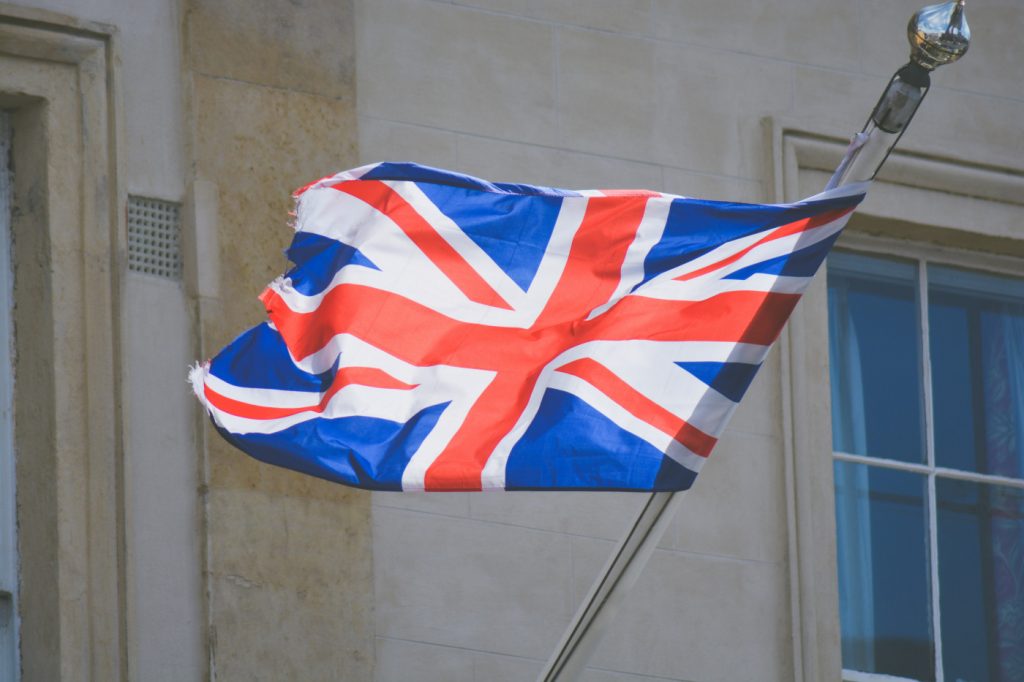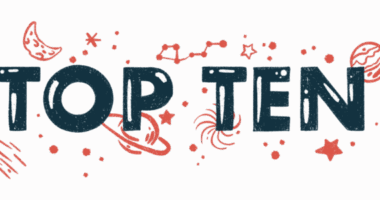Zolgensma Available Soon to Eligible SMA Type 1 Patients in England, Scotland

The gene therapy Zolgensma was added to the list of medications available to eligible spinal muscular atrophy (SMA) type 1 patients through England’s and Scotland’s national health services (NHS).
With a reported list price of £1.79 million ($2.48 million) per dose — the most expensive yet — Novartis’ Zolgensma uses a modified and harmless virus to deliver a healthy copy of SMN1, the mutated gene in SMA, to cells.
“Zolgensma is a ground-breaking one-time treatment that offers significant positive impacts on motor milestones and has the potential to improve the lives of children and their families who are affected by this rare disease,” Kate Adcock, PhD, the director of research and innovation at Muscular Dystrophy UK (MDUK), said in a press release.
“While Zolgensma is a treatment and not a cure for SMA, today’s news means more affected children will be able to access the world around them, attend nursery and school, and join in with their family,” Adcock added.
These decisions come nearly 10 months after the therapy was conditionally approved by the European Commission.
The commission’s approval covers patients, weighing up to 21 kilograms (about 46 pounds), with a clinical diagnosis of SMA type 1, or those still without symptoms but carrying up to three copies of the “backup” SMN2 gene, meaning they are expected to develop type 1 disease.
In Scotland, the Scottish Medicines Consortium accepted Zolgensma’s use in children with a clinical diagnosis of SMA type 1 or pre-symptomatic patients with up to three copies of the SMN2 gene that are expected to develop type 1 disease.
In England, direct access to Zolgensma is in agreement with published draft recommendations by the National Institute for Health and Care Excellence (NICE), which advises the NHS on which treatments should be available. Specifically, it applies to infants up to 12 months old with SMA type 1 who do not need permanent ventilation for more than 16 hours per day or tracheostomy. In infants aged 7 to 12 months and other type 1 young children who currently fall outside the draft inclusion criteria, treatment should be discussed by a national multidisciplinary clinical team (MDT) comprising the country’s leading SMA experts.
Pre-symptomatic babies with SMA who have up to three copies of the SMN2 gene also are eligible to receive the gene therapy as part of a managed access arrangement.
“This means as many as 80 babies and young children [in England alone] could potentially benefit from the life-changing gene therapy a year,” NHS England, which decided not to wait until NICE publishes its final guidance to introduce the therapy, stated in a separate press release.
The health service is ready to make the gene therapy available as soon as at least one highly specialized center is selected and ready to provide the treatment; such centers are currently undergoing a selection process.
This approach is backed by NICE, given the importance of administering Zolgensma as early as possible.
NICE is considering the treatment under its Highly Specialized Technologies program, which uses a higher threshold for cost-effectiveness, reflecting the difficulties of developing therapies for extremely rare conditions that may affect only a handful of patients every year.
Despite its elevated cost, NICE determined that Zolgensma’s use should be recommended, based on evidence of substantial benefit to young babies, potentially allowing them to reach normal developmental milestones, such as breathing without a ventilator, sitting up, crawling, and walking, as well as prolonging their lives.
In the NHS England release, chief executive Simon Stevens said that the health service “moved mountains to make this treatment available, while successfully negotiating hard [with Novartis] behind the scenes to ensure a price that is fair to taxpayers.” Zolgensma’s final price to NHS England was not disclosed.
“This deal is a life-changer for youngsters with this cruel disease and for their families,” he added.
Stevens also noted the agreement showed that while the health service remains under pressure due to the COVID-19 pandemic, it is still “looking after millions of other patients too, for whom real medical advances are now possible.”
MDUK, SMA UK, and TreatSMA patient groups, as well as clinicians, worked together to advocate for access to this innovative treatment in the U.K.
NICE’s draft recommendations for Zolgensma’s use are open for consultation until April 6. More information about how to participate is available here. SMA patient organizations and Novartis said they will continue to work toward reaching a final outcome that could benefit other families not covered by current arrangements.
NICE’s final recommendation is expected by May 13.
In another press release, Novartis stated that these decisions mean Zolgensma “will soon become available to the families who need it in both England and Scotland,” and that the company “will seek to expand access to Wales and Northern Ireland as soon as possible.”
“We will support NHS staff training and center readiness to provide gene therapy without delay once these centers are known,” the company added.
It is still unclear when Zolgensma will be accessible to patients in England and Scotland and when the MDT will be set and ready to evaluate potential candidates. SMA UK noted that it has asked these and other questions to NHS England, Novartis Gene Therapies, and clinicians, and will share the answers as soon as it has them.
Zolgensma was approved in the U.S. in May 2019, for newborns and toddlers up to age 2. Similar decisions soon followed in other countries, such as Japan and Canada.
.pf-button.pf-button-excerpt { display: none; }
The post Zolgensma Available Soon to Eligible SMA Type 1 Patients in England, Scotland appeared first on SMA News Today.



